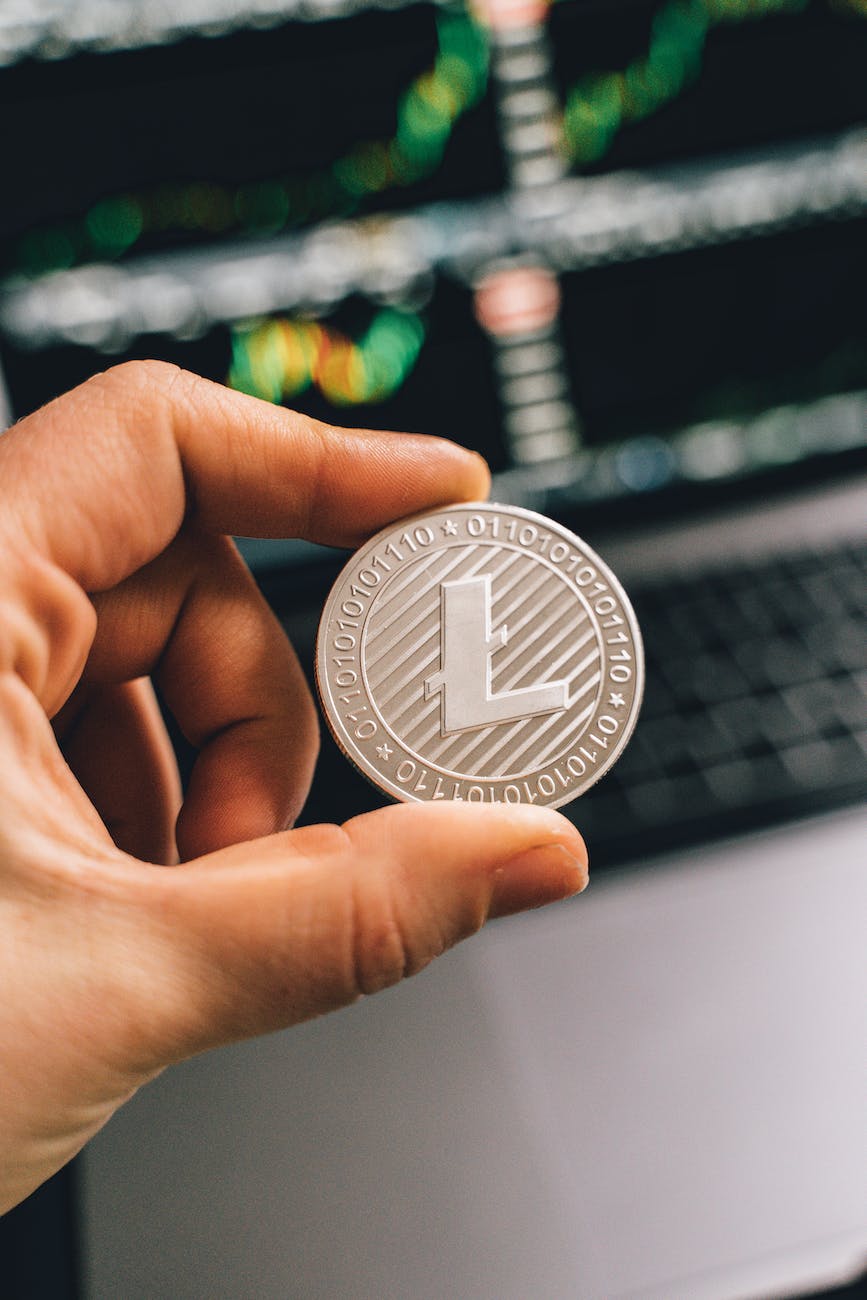Introduction
In the realm of cryptocurrencies, Bitcoin and Litecoin have gained substantial recognition and prominence. While Bitcoin remains the most widely known and valuable digital currency, Litecoin has carved its own niche with distinct features and technical advancements. This article provides an in-depth analysis of the benefits of Bitcoin and Litecoin, highlighting their pros and cons, as well as their advantages over other cryptocurrencies. By understanding the strengths and weaknesses of these two digital assets, individuals can make informed choices in their crypto endeavors.
Bitcoin: The Pioneer Cryptocurrency

Bitcoin, created in 2009 by an anonymous individual or group known as Satoshi Nakamoto, is the pioneering cryptocurrency that revolutionized the world of digital assets. Operating on a decentralized network, Bitcoin is built on a technology called blockchain, a transparent and secure ledger that records all transactions. Bitcoin’s key feature is its scarcity, with a maximum supply capped at 21 million coins.
As a decentralized currency, Bitcoin eliminates the need for intermediaries like banks, enabling peer-to-peer transactions. It offers benefits such as immutability, censorship resistance, and transparency. Bitcoin’s value lies not only in its ability to facilitate secure and efficient transactions but also as a store of value and a hedge against inflation. Its market dominance, widespread recognition, and extensive infrastructure make it the most influential cryptocurrency globally.
Bitcoin, the original and most well-known cryptocurrency, boasts a range of benefits that have propelled it to the forefront of the digital asset market. Let’s explore the advantages and disadvantages of Bitcoin:
Pros of Bitcoin:
1. Established and Recognized: Bitcoin enjoys widespread recognition, making it readily accepted as a form of payment by many merchants and businesses.
2. Decentralization: Bitcoin operates on a decentralized network, ensuring transparency, security, and censorship resistance.
3. Store of Value: Bitcoin’s limited supply and scarcity make it an appealing store of value, similar to digital gold.
4. Liquidity: Bitcoin offers high liquidity, allowing for easy buying, selling, and trading on various cryptocurrency exchanges.
5. Accessibility: Bitcoin can be accessed and used by anyone with an internet connection, without the need for a bank account or traditional financial intermediaries.
Cons of Bitcoin:
1. Scalability: Bitcoin’s blockchain has faced challenges in scaling to accommodate a growing user base, resulting in slower transaction speeds and higher fees during peak times.
2. Energy Consumption: Bitcoin mining requires significant computational power, leading to concerns about its environmental impact.
3. Volatility: Bitcoin’s price is known for its volatility, which can lead to potential risks and uncertainties for investors and users.
Litecoin: The Silver to Bitcoin’s Gold

Litecoin, launched in 2011 by Charlie Lee, a former Google engineer, is often referred to as the silver to Bitcoin’s gold. Built on a similar blockchain technology as Bitcoin, Litecoin offers several distinctive features. One key difference is its faster block generation time, allowing for quicker transaction confirmations compared to Bitcoin. Litecoin also utilizes a different hashing algorithm called Scrypt, making it more accessible for individual miners using standard computer hardware.
While Litecoin shares similarities with Bitcoin, it aims to complement rather than compete with it. Litecoin’s active development community continuously seeks improvements, implementing new features like Segregated Witness (SegWit) and the Lightning Network to enhance scalability and transaction efficiency. Litecoin serves as a viable alternative for individuals seeking faster transaction speeds and a different mining experience while benefiting from Bitcoin’s established infrastructure and compatibility.
Litecoin, often considered the “silver” to Bitcoin’s “gold,” offers unique features that set it apart from its predecessor. Let’s explore the benefits and drawbacks of Litecoin:
Pros of Litecoin:
1. Faster Transaction Confirmation: Litecoin’s network boasts faster block generation times, allowing for quicker transaction confirmations compared to Bitcoin.
2. Efficient Mining: Litecoin utilizes a different hashing algorithm called Scrypt, making it more accessible for individual miners with regular computer hardware.
3. Active Development: Litecoin has a dedicated development team that continually works on improving the protocol, implementing new features, and exploring potential advancements.
4. Complementary to Bitcoin: Litecoin’s compatibility with Bitcoin infrastructure allows for easy integration and cross-chain transactions.
Cons of Litecoin:
1. Limited Adoption: While Litecoin has gained popularity, its adoption and acceptance among merchants and businesses are not as widespread as Bitcoin.
2. Market Dependency: As a smaller market cap cryptocurrency, Litecoin’s value and liquidity can be influenced by Bitcoin’s market movements.
3. Less Recognition: Litecoin’s brand recognition and overall awareness among the general public are still lower compared to Bitcoin.
Conclusion
Both Bitcoin and Litecoin offer distinct advantages and have played significant roles in shaping the cryptocurrency landscape. Bitcoin’s established position, broad acceptance, and store-of-value characteristics make it a preferred choice for many. On the other hand, Litecoin’s faster transaction confirmations, efficient mining process, and compatibility with Bitcoin infrastructure provide unique benefits. As with any investment or financial decision, individuals should consider their specific needs, risk tolerance, and long-term goals when choosing between Bitcoin and Litecoin.

